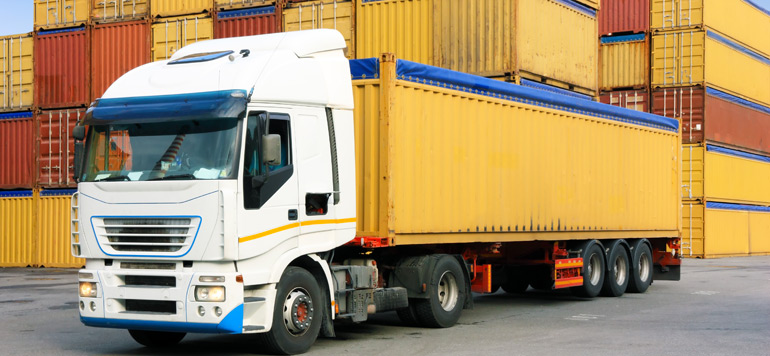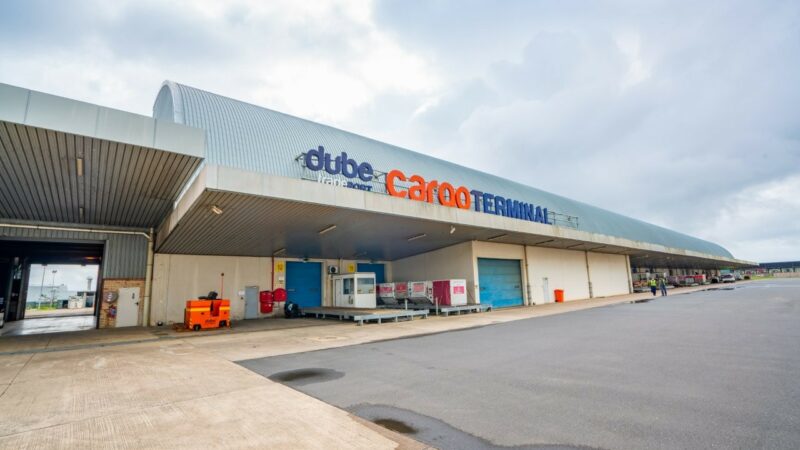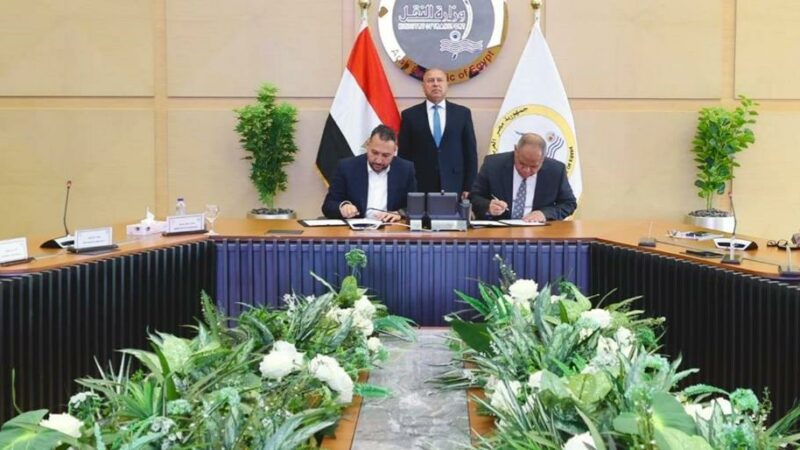Morocco: A Massive $3 Billion Investment to Boost Transport and Logistics

The Moroccan government has unveiled a sectoral investment plan worth nearly $3.13 billion (approximately 29 billion dirhams) for 2026, dedicated to improving transport infrastructure and national connectivity.
The budget, presented to the Infrastructure Committee of the House of Representatives, aims to enhance the country’s logistical competitiveness by modernizing its air and rail networks and developing new logistics hubs.
The main goal is to support the expansion of trade with Europe and the African continent.
A Boost for the Aviation Sector
A significant portion of the budget will be allocated to air transport, with a large-scale expansion and renovation program for major airports, scheduled for completion by 2030.
The airports concerned include Casablanca, Marrakech, Rabat-Salé, Agadir, Tangier, Fez, and Tetouan.
This enhancement of airport capacity aligns with the ambitions of Royal Air Maroc (RAM).
The national carrier plans to add 11 new aircraft to its fleet by 2026 — nine Boeing 737 MAX 8s and two Boeing 787 Dreamliners — bringing the total number of planes from 60 to 71.
These acquisitions are necessary to accommodate the growth in air traffic, the expansion of tourism, and Morocco’s goal of establishing itself as a leading regional aviation hub.
Expansion of the High-Speed Rail Network (LGV)
Rail transport represents the other strategic pillar of the investment program.
A total of 96 billion dirhams is allocated for the extension of the High-Speed Rail Line (LGV):
- North–South Extension: The existing line will be extended beyond Kenitra to Marrakech, and then toward Fez.
- Southern Connection: Studies have been completed for extending the LGV to Agadir, which would reduce the travel time between Marrakech and Agadir to just one hour.
- Coastal Link: A railway connection between Marrakech and Essaouira is also under study, with progress currently at 60%.
The financing of these railway projects is supported by an institutional partnership involving the National Railways Office (ONCF), the Ministry of Finance, regional authorities, and several public and private banks.
New Logistics Hubs and Economic Zones
The logistics sector will benefit from the creation of several dedicated economic zones.
The objective is to make 750 hectares operational by 2028, with approximately 500 hectares already secured.
This development particularly targets the southern provinces, with the establishment of key infrastructure such as:
- The El Argoub Economic Activity Zone;
- The Dakhla Logistics Zone;
- The El Guerguerat Road Transport Center.
In the long term, these cross-sector investments aim to streamline freight transport, strengthen the economic integration of the country’s regions, and consolidate Morocco’s role as a vital trade hub linking Europe and Africa.





